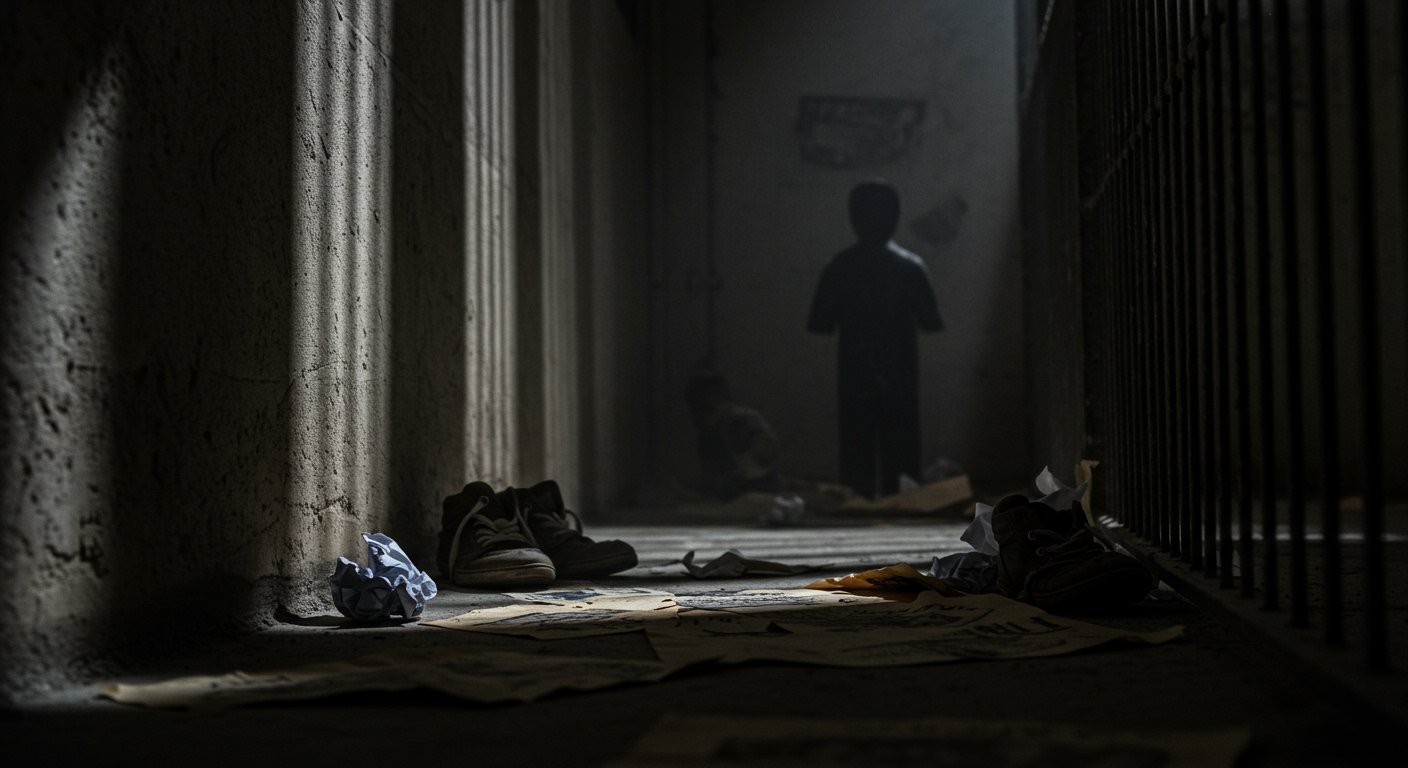A recently enacted domestic policy bill has allocated approximately $170 billion towards initiatives associated with the administration’s immigration enforcement strategy. A substantial portion of this funding is directed towards U.S. Immigration and Customs Enforcement (ICE), earmarking significant resources for expanding detention infrastructure and operations.
Record Funding Fuels ICE Expansion
The legislation provides $45 billion specifically for the development of new immigration detention sites across the country. These sites are intended to significantly increase the nation’s capacity to hold individuals in civil immigration custody. Among the facilities cited in New Jersey are Delaney Hall in Newark and the detention center in Elizabeth, both of which are operated by private, for-profit companies.
In addition to infrastructure, the bill allocates $29.85 billion for core ICE operations. This funding is designated to cover a range of activities, including hiring new personnel, providing necessary training, and potentially offering staff bonuses. This operational boost is intended to support the agency’s expanded enforcement activities.
A key objective outlined in the funding is the significant increase in the number of available detention beds within ICE facilities. The current capacity, estimated at around 56,000 beds, is slated to be expanded to over 100,000, representing nearly a doubling of the existing system.
Enforcement Rises Despite Border Crossings Dip
The increase in funding and capacity aligns with a documented surge in enforcement actions. According to data from NBC News from late June, nationwide ICE arrests have doubled since the Trump administration took office. This heightened level of enforcement has contributed to a record number of individuals held in ICE detention.
Current figures indicate that over 55,000 people are presently held in ICE detention facilities, marking an all-time high for the agency’s detainee population. This peak in detention numbers occurs concurrently with a separate trend showing that border crossings have plummeted, suggesting a potential shift in enforcement focus towards individuals already residing within the country or those seeking asylum through different pathways.
Mental Health Concerns Mount for Children
The increase in arrests, detention, and the general climate created by a hardline immigration stance are raising significant concerns among mental health professionals and advocates, particularly regarding the impact on children and families.
Dr. María Rodríguez, affiliated with the Care Counseling Center, notes that the administration’s immigration policies and associated enforcement actions are directly linked to psychological distress within immigrant communities. Dr. Rodríguez states that these actions lead to “lasting anxiety and emotional distress” for children and their families in New Jersey, who often live under the constant fear of separation and deportation.
Advocates Detail Personal Toll and Push Back
The human cost of increased detention and enforcement is keenly felt by families directly impacted. Julie Flores-Castillo, a youth organizer for the New Jersey Immigrant Rights Program at the nonprofit American Friends Service Committee, shares her personal connection to the issue.
Flores-Castillo recounts her father’s experience, including his detention at the Elizabeth Detention Center before his eventual deportation to Mexico in April 2018. Her organization, the American Friends Service Committee, actively works on behalf of immigrant communities, providing crucial legal aid to those facing detention and deportation proceedings.
Furthermore, the organization engages in direct advocacy efforts aimed at opposing and ending immigration detention, highlighting concerns about the conditions within facilities and the broader humanitarian implications of detaining individuals, including families and children.
Outlook and Debate
The significant financial investment in expanding ICE’s capacity underscores a policy direction focused on increased enforcement and detention as central components of immigration control. While proponents argue this is necessary for border security and enforcing immigration laws, critics emphasize the human cost, citing the potential for widespread psychological trauma, family separation, and strain on communities. The debate over the effectiveness and ethics of this approach, particularly its impact on vulnerable populations like immigrant children, is expected to continue as the funded expansions proceed.






